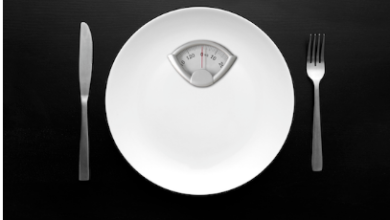
The recent surge of avian flu has raised global concerns, urging people to take extra steps to protect their well-being. Though the virus mainly impacts birds, certain strains can cross over to humans, leading to varying degrees of respiratory illness. Given this situation, it’s imperative to adopt a vigilant stance towards dietary choices and safety measures. Here’s a straightforward rundown on what to eat, avoid, and essential precautions to take during an avian outbreak.
Avian Flu: Recommended Foods
Thoroughly Cooked Poultry: Ensure all poultry, such as chicken and turkey, is cooked through. Proper cooking eliminates any potential viruses, mitigating infection risks.
Eggs: Include well-cooked eggs in your diet—they’re a nutritious option during an avian flu outbreak. Avoid raw or undercooked preparations like sunny-side-up or soft-boiled eggs.
Plant-Based Proteins: Integrate plant-based protein sources like beans, lentils, tofu, and nuts into your meals. These alternatives offer ample protein without the risk of avian flu transmission.
Fruits and Vegetables: Emphasize a diverse array of fresh fruits and vegetables to bolster your immune system. These foods provide vital vitamins and minerals for overall health.
Hydration: Maintain hydration levels by consuming water, herbal teas, and homemade fruit juices. Proper hydration supports immune function and aids in toxin elimination.




